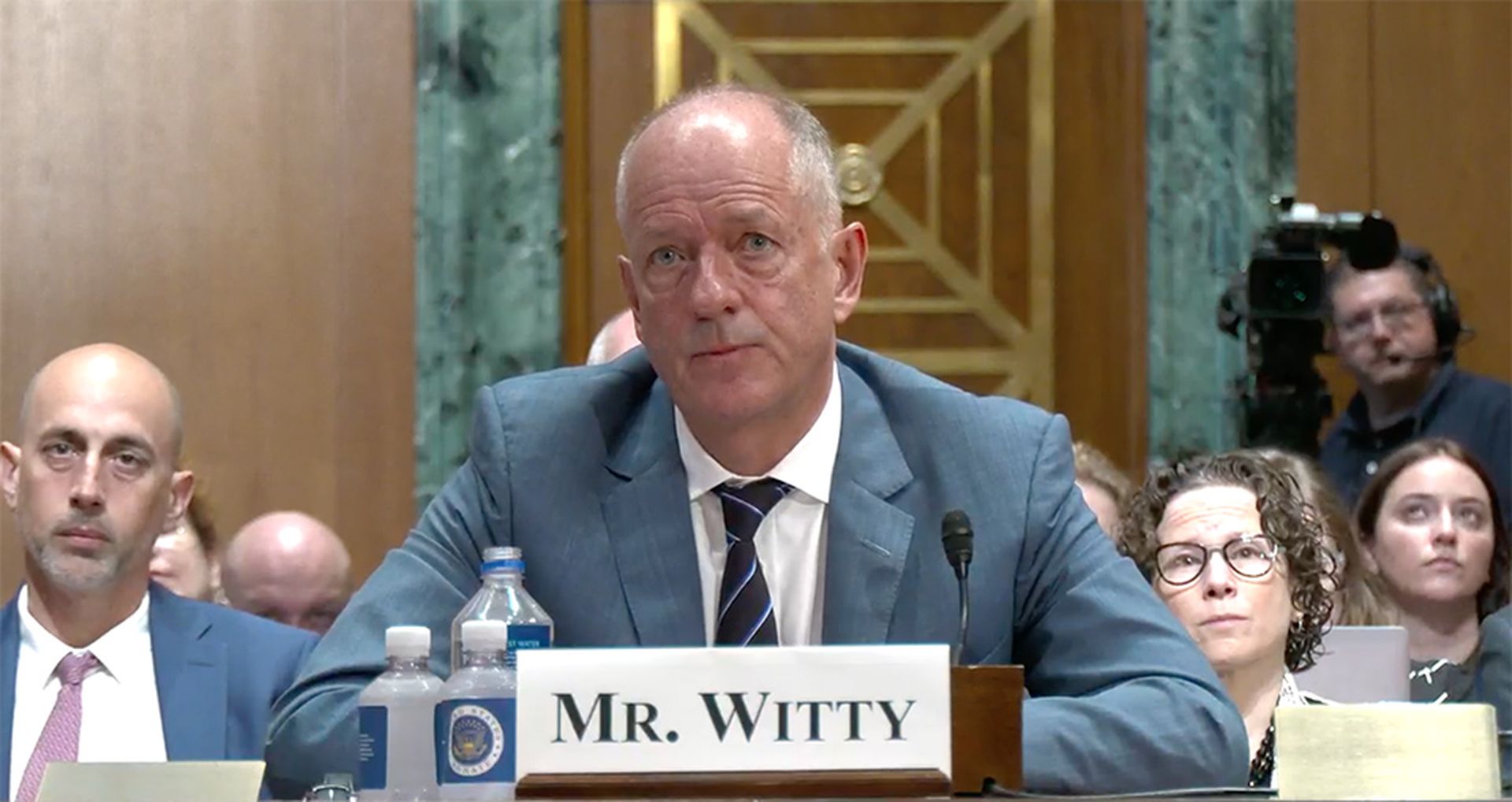The U.S. Marshals Service has disclosed that it is continuing work on restoring its operations following a ransomware attack in February that impacted the computer network of its Technical Operation Group, resulting in the compromise of sensitive law enforcement information, reports CNN.
Restoration of the most critical tools associated with the compromised network has been completed within 30 days of the discovery of the incident, according to U.S. Marshals Service spokesperson Drew Wade, who did not specify the critical tools nor commented on the impact of the breach on the TOG but emphasized that the agency's investigative and other missions were not affected by the incident.
No threat actors have also been identified to be behind the ransomware attack, while the types of data stolen have also been put under wraps.
Such an incident came within the month the FBI had its computer network for child sexual exploitation investigations compromised but both incidents are not believed to be connected to one another.
Related Events
Get daily email updates
SC Media's daily must-read of the most current and pressing daily news



